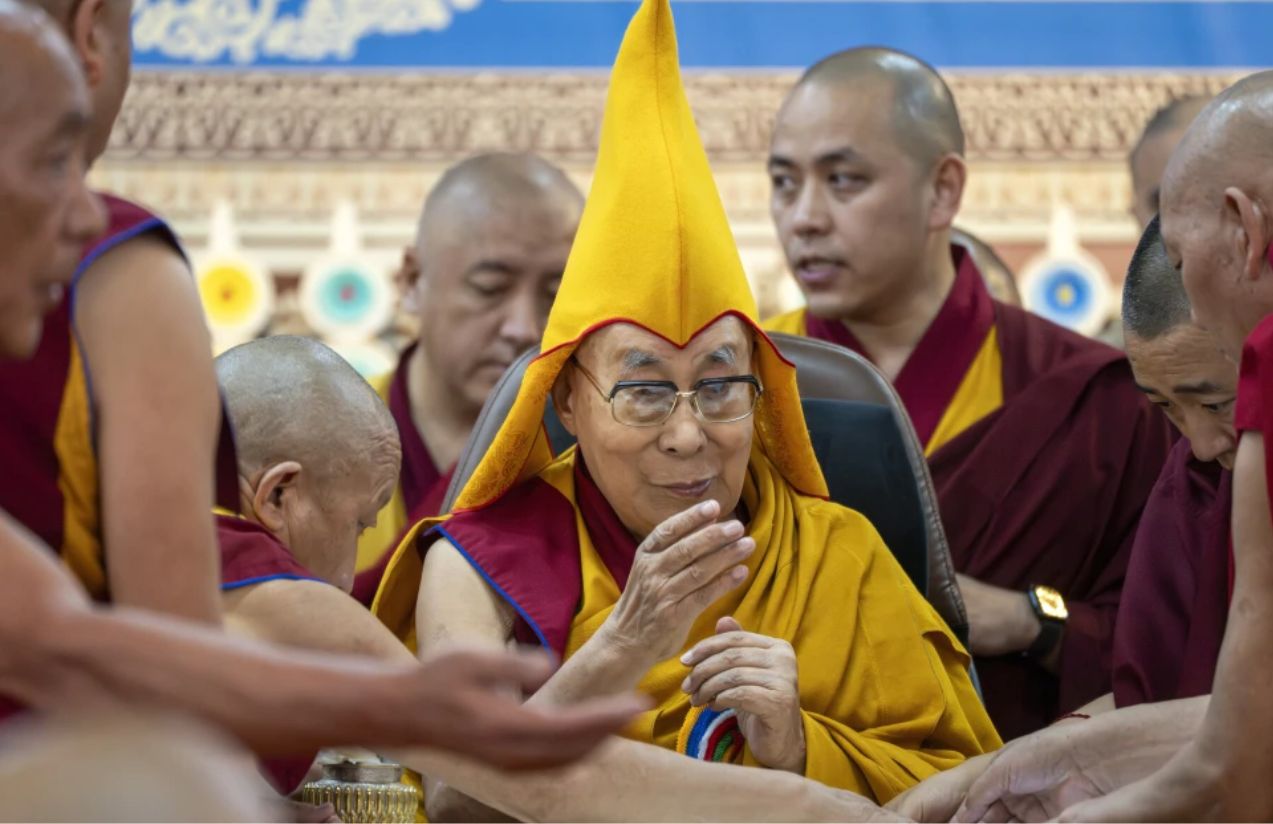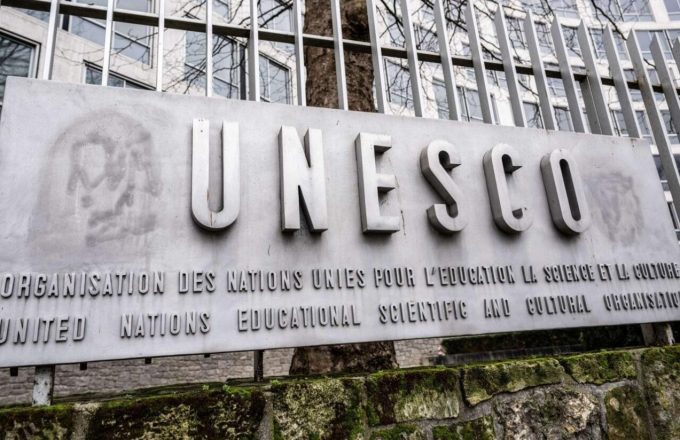Tibetan spiritual leader the Dalai Lama affirmed on Wednesday that the centuries-old Buddhist institution he represents will endure after his death, putting an end to years of speculation sparked by previous comments suggesting he could be the last to hold the title.
During a religious ceremony ahead of his 90th birthday this Sunday, the Nobel Peace Prize laureate stated in a recorded message that the process of identifying his successor must follow traditional Tibetan Buddhist practices—and urged China to stay out of the matter.
The Dalai Lama’s succession carries significant political weight, particularly among Tibetans who reject Beijing’s strict control over their homeland and strive to preserve their cultural identity, whether in Tibet or in exile. For Tibetan Buddhists, the Dalai Lama is not just a spiritual guide but the earthly embodiment of Chenrezig, the bodhisattva of compassion.
The statement is likely to stir tension with the Chinese government, which has repeatedly asserted that it alone holds the authority to approve the next incarnation. Beijing maintains that the successor must be found within Chinese territory, thereby giving Communist Party authorities control over the religious selection process.
Observers fear the dispute could lead to the emergence of two rival Dalai Lamas: one appointed by Beijing, and another recognized by monks loyal to the current leader.
Tenzin Gyatso was recognized as the 14th reincarnation of the Dalai Lama in 1940. He fled Tibet in 1959 following the violent suppression of an uprising in Lhasa by Chinese forces. He has lived in exile in Dharamshala, India ever since, where he helped establish a democratic Tibetan government-in-exile and has traveled the world advocating for greater autonomy for his people.
According to Tibetan Buddhist belief, the Dalai Lama can choose the body into which he reincarnates. This has occurred 14 times since the institution’s founding in 1587. The current Dalai Lama has previously stated that his successor could be born outside of China.
In his recorded message, broadcast during a ceremony with monks in Dharamshala, the Dalai Lama emphasized that the responsibility for identifying and recognizing his future reincarnation lies solely with the Gaden Phodrang Trust, a nonprofit organization he founded in 2015 to oversee matters related to his role and the institution itself.
“No one else has the authority to interfere in this matter,” he declared, adding that the search must be carried out “in accordance with tradition.”
Asked about his remarks, Chinese Foreign Ministry spokeswoman Mao Ning reiterated Beijing’s position during her daily press briefing: “The reincarnation of the Dalai Lama must follow the principles of domestic selection in China and be approved by the central government.”
In response, Penpa Tsering, acting president of the Tibetan government-in-exile, warned China not to manipulate the succession process. “We strongly condemn the People’s Republic of China’s use of the reincarnation issue for political gain, and we will never accept it,” he said.
According to tradition, the search for a new Dalai Lama begins only after the current leader’s death. It often takes years and involves senior monks interpreting spiritual signs to identify the child believed to embody the new incarnation and preparing him to assume the highest spiritual role in Tibetan Buddhism.




















